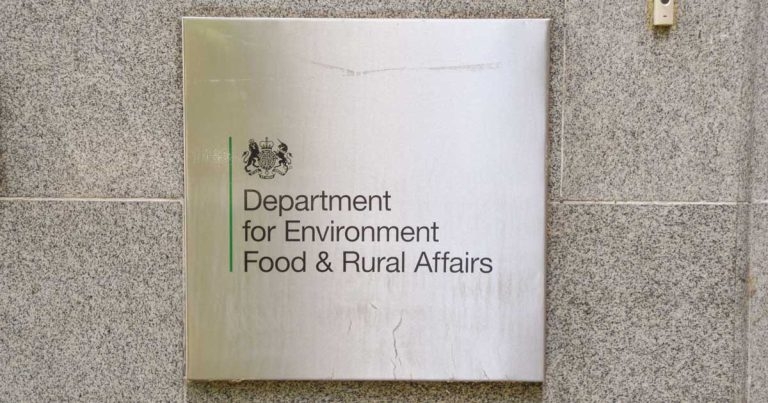20 May 2025
Officials say affected animal was culled on the site and there is no threat to food safety or public health.

Image: VV Shots / Adobe Stock
A new case of atypical bovine spongiform encephalopathy (BSE) has been detected on a farm in southern England, the APHA confirmed this morning (20 May).
Officials said the affected animal was culled on the premises in Essex and tested as part of routine surveillance work after showing clinical signs of the disease.
A statement issued through Defra said Great Britain retained a “controlled” risk status for BSE and stressed there was no threat to food safety or public health.
UK CVO Christine Middlemiss said: “Atypical BSE is distinct from classical BSE and is a spontaneously and sporadically occurring, non-contagious disease, which is believed to occur at a very low level in all cattle populations.
“This is proof that our surveillance system for detecting and containing this type of disease is working.”
Although an atypical BSE case was recorded in Scotland last December, the latest incident is only the fourth of its kind to be recorded in the UK over the past decade.
James Cooper, the Food Standards Agency’s deputy director of food policy, added: “There are strict controls in place to protect consumers from the risk of BSE, including controls on animal feed, and removal of the parts of cattle most likely to carry BSE infectivity.
“Consumers can be reassured that these important protection measures remain in place and that Food Standards Agency official veterinarians and Meat Hygiene inspectors working in all abattoirs in England will continue to ensure that the safety of consumers remains the top priority.”
The statement added that trading partners and the World Organisation for Animal Health had both been informed of the case and the incident was not affecting exports.
BSE is classed as a notifiable disease and suspicions must be reported by calling 03000 200301 in England, 0300 3038268 in Wales or the appropriate regional Field Services Office in Scotland.